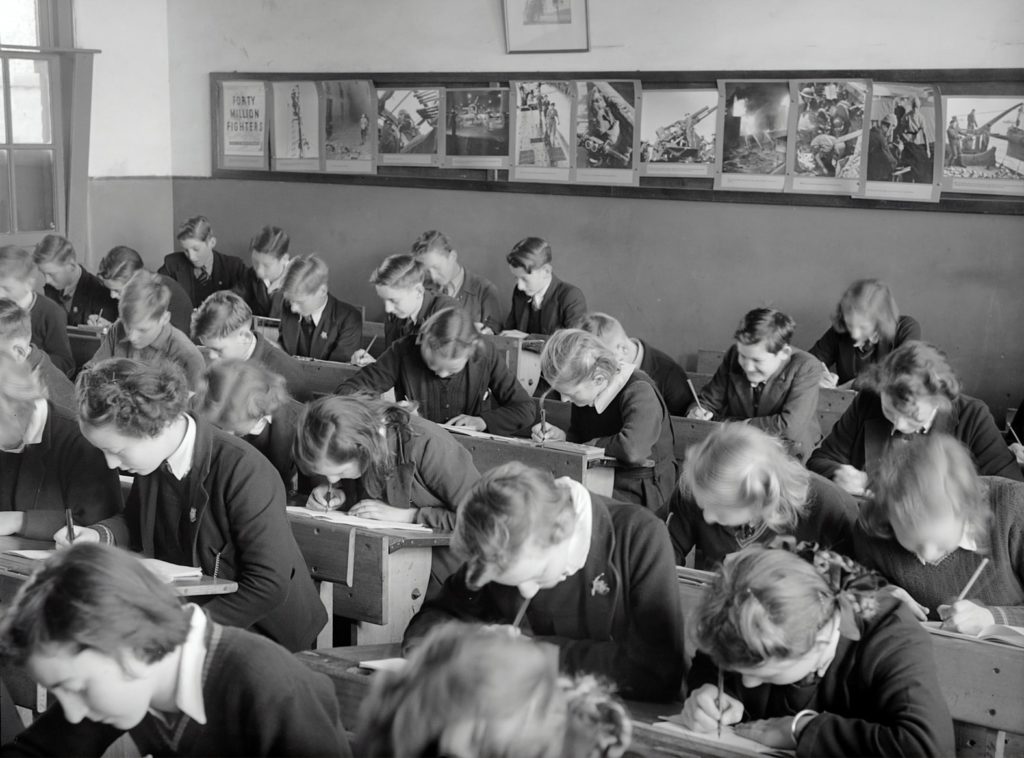What are teachers good for, today? Which could be their future role?
Recently, hosted by the Golinelli Foundation, we met 110 teachers from all over Italy. A two hours webinar to share our vision of the teacher as a facilitator, well aware that we were sharing our idea in a very sensible moment for society and school.
We are now at the end of a school year in which we have experienced the transformation of the classroom from a physical space where individual and collective experiences take shape, into a virtual environment. Old and consolidated habits have given way to new behaviours and – consistently – teachers’ and students’ experiences have been shaped differently.
It could come as a surprise, but we didn’t talk about learning platforms or tools: we have focused our attention on the power of conversations. Imagining the future of teaching talking about platforms would have been like sharing thoughts about a journey talking about transportation instead of destination.
Knowledge is already, by and large, and will increasingly be just a click away. We have always considered teachers as custodians and beacons of knowledge, identifying teaching with the content owned and offered by teachers. It’s a distorted image, limiting and dwarfing the role of teachers to something manageable without any human and personal interaction.
How to facilitate this relationship to enhance learning?
During our webinar we suggested a perspective that redefines the key roles of the teacher:
- Be a guide for developing students’ autonomy and responsibility, allowing them to “learn how to learn”;
- Focus on designing learning contexts rather than contents;
- Effectively and participatively manage complex interactions and conflict situations.
If we look more carefully, widening our gaze, we realize that teaching takes shape in a relationship between teachers and students, and that there are many activities that involve students in first person.
Therefore, knowledge transfer (when knowledge is easily accessible and destined to aging faster and faster), must necessarily give way to the competencies required to enable students to “learn how to learn”. Here it comes into play the role of the teacher as a facilitator.
What does it mean to play the role of facilitator in the classroom?
Becoming a facilitator for a teacher means:
- Becoming a catalyst for collaboration between students;
- Leading the group to welcome diversity, manage conflicts and reach consensus;
- Bringing out ideas and knowledge;
- Build an approach to shared design with other teachers.
The advantage of leading the classroom as a facilitator is the emergence of new knowledge through the internal dialogue of the group. Our world is overwhelmingly returning to be a place to explore, essentially in the dimension of the context in which we are immersed: an exploration through a journey that leads to the emergence of new meaning and allows our communities and society to thrive in uncertainty. School can no longer teach students which world is waiting for them, but it can provide the ways to interpret the present, to intercept the signs of change and future opportunities.
In this context humanistic, scientific and technical knowledge are not set aside at all.
The facilitation of learning takes the form of asking good questions to students about the work they are doing and have done and – fundamentally – in creating a space of trust that transforms the classroom into a safe environment in which everyone can feel free to express his/her own ideas. The easiest way to facilitate learning is asking the students – committed to solving a problem or formulating a concept – to think aloud.
Whether abstract concepts or experiments are concerned, facilitating will involve a special attention to students’ observation, reflection and interpretation, and requires a process that leads them to choose, decide, make the next step to increase knowledge.
The facilitator’s approach perfectly reflects the Experiential Learning approach introduced by Kolb through the well known Cycle:
In the future we will increasingly need to learn experientially, and facilitation will definitely have a fundamental role for teaching. Teachers will therefore increasingly need to develop listening skills and the ability to ask the right questions to design and manage meaningful interactions and conversations.
The challenges of complexity require cooperation, and School will increasingly need to cultivate a culture of cooperation, leaving behind the competition one.
Through facilitation, teachers will not just enhance learning and emergence of new knowledge, but they will also provide the group with a new, richer alphabet for interactions. This alphabet will allow students and teachers to develop the shared knowledge required to navigate the future, being part of a community.
This paradigm shift will allow the School to better fulfil its institutional task of educating and developing. Like any other Institution, the School is an organisation defined by macrostructures (role definitions, rules, programs, processes, strategies).
As shown by the various attempts to reform the School, acting on macrostructures is a painful and unrewarding way to reshape the task and the results, and what is more, it relegates to a marginal role the true protagonists of the educational system, teachers and students. School will succeed in adapting to the changing world only if capable – starting with those protagonists – to find a new alphabet, better suited to describe the emerging reality, shaping the culture, one conversation at a time. New behaviours, new interactions (microstructures) – designed for listening, cooperating, exploring the sense of reality – will be the keys to a future that starts being built – as we love thinking – inside the classrooms

